T4K3.news
West Texas measles outbreak ends
Health officials report no new cases for 42 days; nationwide outbreaks persist in other states.
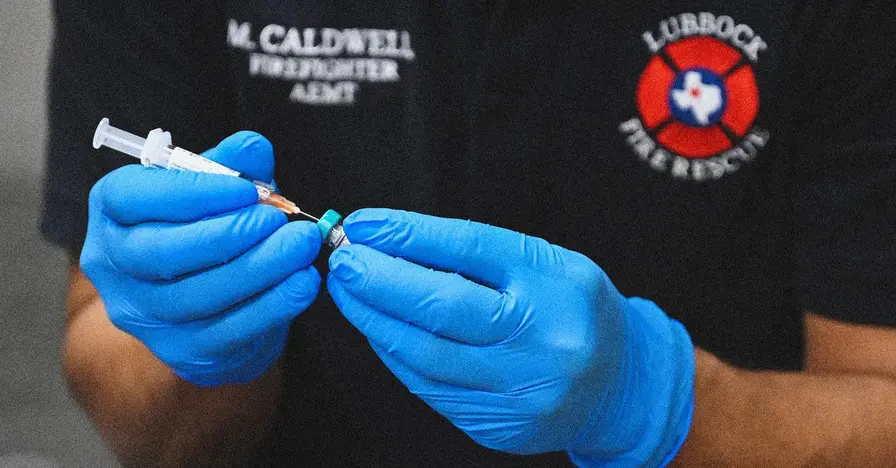
Texas health officials say a large measles outbreak that began in an undervaccinated community has ended, even as nationwide cases rise.
West Texas Measles Outbreak Ends With No New Cases
The West Texas measles outbreak is over, according to the Texas Department of State Health Services, after more than 42 days without a new case in the counties previously reporting transmission. The outbreak affected 762 people, with 99 hospitalizations and two child deaths. Most patients were children and were unvaccinated or had unknown vaccination status. It began in January in a rural Mennonite community with low vaccination rates and became part of a nationwide rise in measles cases this year. The nationwide picture shows 1,356 confirmed cases as of August 5, compared with 285 in 2024, with outbreaks reported in 40 states and 32 separate outbreaks in 2025 so far.
Measles can be prevented with the measles, mumps, and rubella vaccine, with one dose 93 percent effective and two doses 97 percent effective. The disease remains a risk to elimination; the United States reached measles elimination status in 2000 but could lose it if transmission resumes. The outbreak has been linked to cases across borders, underscoring how quickly a local cluster can become national news. Public health officials caution that vaccination rates are still uneven, and outbreaks may continue if confidence in vaccines wanes.
Key Takeaways
"Vaccination is the shield that keeps kids safe"
Opinion on vaccines role in public health
"Ending one outbreak does not end the fight to prevent the next"
Editorial reflection on ongoing risk
"Measles is preventable with two MMR doses"
Factual note on vaccine effectiveness
"Trust in public health messaging matters as much as the vaccines themselves"
Comment on communication
This ending offers a moment to reflect on what keeps outbreaks from flaring again. Vaccination coverage is the main shield, but trust and access are the weak spots. The West Texas case shows how a single undervaccinated community can ripple outward, affecting neighboring states and even other countries. Public health gains depend on steady messaging and practical steps to raise vaccination rates in hard to reach communities.
The broader risk is not a single outbreak but a pattern: if immunization dips, measles can shift from a controlled illness to an endemic threat again. That would require a sustained policy push, better data on where vaccines are falling short, and investments in local health services to reach hesitant families.
Highlights
- Vaccination is the shield that keeps kids safe
- Ending one outbreak does not end the fight to prevent the next
- Measles is preventable with two MMR doses
- Trust in public health messaging matters as much as the vaccines themselves
Public health sensitivity around vaccination and community risk
The outbreak end does not end the broader threat of measles. Ongoing outbreaks and uneven vaccination rates could provoke public reaction and political scrutiny. The piece notes cross-border transmission and the role of undervaccinated communities, which heightens sensitivity.
Vaccination remains essential to protect communities as the disease landscape evolves
Enjoyed this? Let your friends know!
Related News
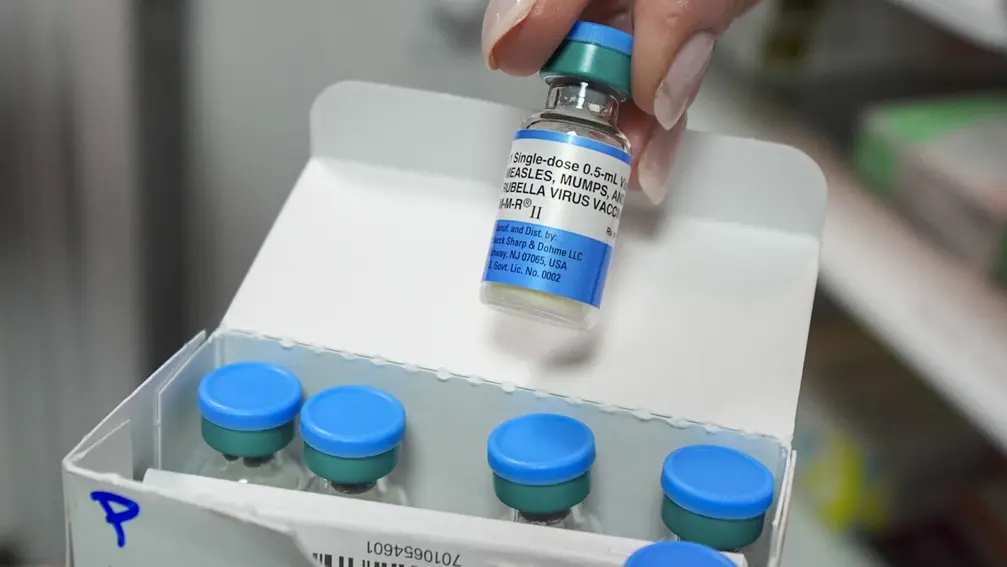
Texas measles outbreak declared over
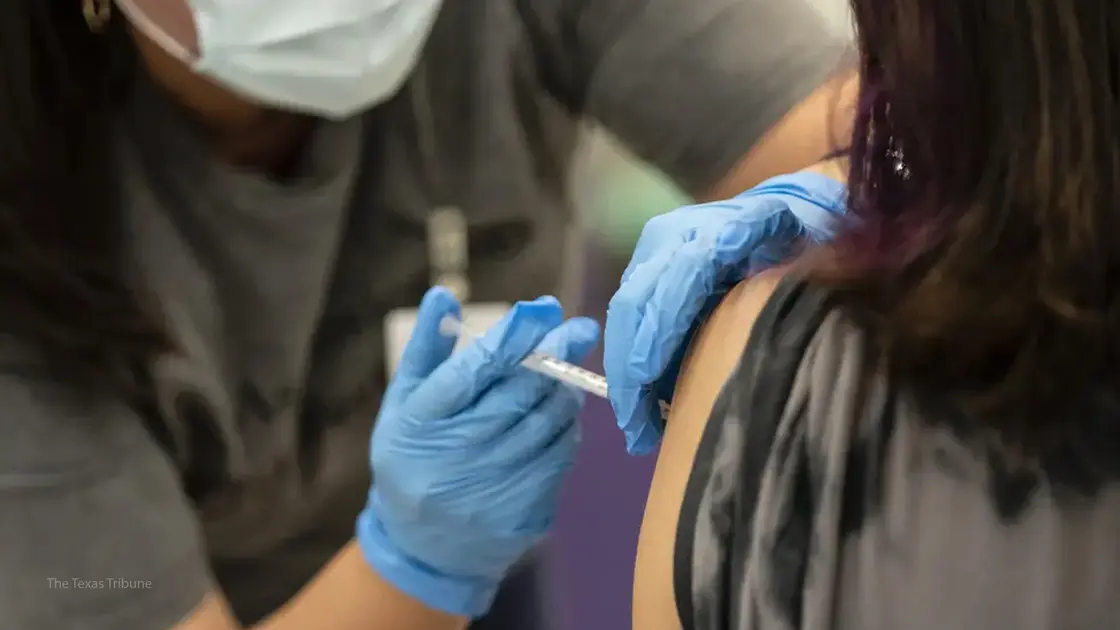
Texas vaccine exemption surge
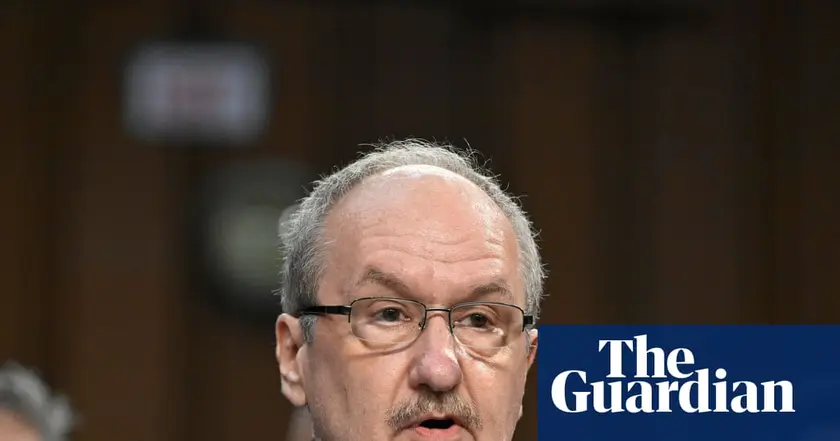
Anti-vaccine advocate catches measles without alerts

Idaho Implements New Vaccine Policies Amid Trust Crisis
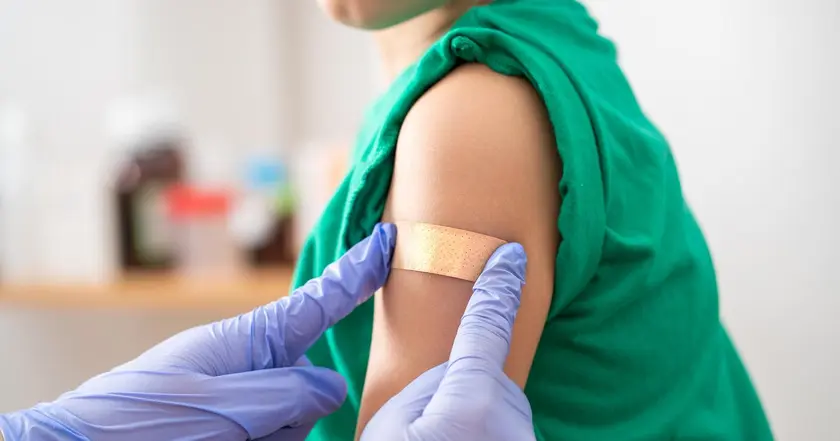
Kindergarten vaccination rates fall to new low

Measles cases spike as schools prepare to reopen
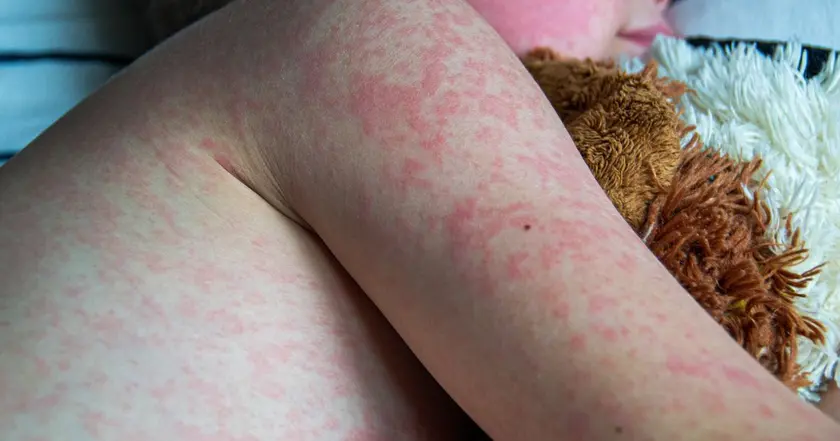
Measles hotspots rise as vaccination gaps widen

Measles vaccination urged before school term
